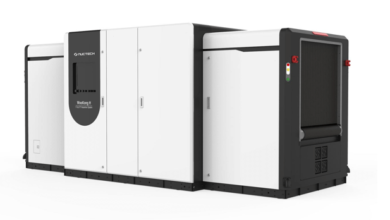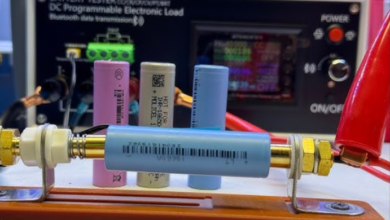5 Key Facts You Should Know About Carbon Pollution-Free Electricity

Moving towards an increasing amount of carbon pollution-free electricity is crucial for the future. This type of electricity generation eliminates greenhouse gases and addresses climate change. Awareness of the differences between carbon pollution-free electricity and the associated issues can enable individuals and organizations to weigh their options. These five facts are important as they demonstrate the significance of energy attribute certificates.
1. What is Carbon Pollution-Free Electricity?
Zero-carbon electricity is the process of producing electricity through power plants that do not produce CO2 or other greenhouse gases. This is often done through the utilization of energy sources like wind, solar, hydro, and even geothermal. These sources are unlike conventional fossil fuels, which emit CO2 during electricity generation and thus play a critical role in the fight against climate change. It is a big step towards a global reduction of carbon in the atmosphere through the use of pollution-free electricity.
2. Importance of Energy Attribute Certificates (EACs)
Energy Attribute Certificates (EACs) are therefore crucial for the carbon pollution-free electricity market. An EAC is a certificate that certifies that a renewable resource produces one MWh of electricity. These certificates enable businesses and consumers to earn the right to the environmental benefits associated with the production of renewable energy, even without producing or procuring the power themselves. Thus, buying EACs provides companies with an opportunity to help achieve their sustainability objectives and contribute to the development of the renewable energy industry. EACs offer a relatively simple means of meeting the goal of carbon pollution-free electricity consumption.
3. Benefits of Carbon Pollution-Free Electricity
There are many more reasons to shift to carbon pollution-free electricity other than reducing greenhouse gas emissions. Renewable energy sources assist in improving the quality of air because they do not generate the same pollutants that are produced by burning fossil fuels. This has a positive impact on public health in terms of reducing respiratory and cardiovascular diseases. The shift towards the use of renewable energy can contribute to economic growth by creating new employment opportunities in the renewable energy industry. One of the long-term benefits of renewable sources is energy cost and energy security since the sources are readily available and less subject to political instabilities.
4. The Role of Policy and Innovation
Adopting policies and innovations in CFE (carbon pollution-free electricity) is important. Various countries across the globe are introducing policies or offering incentives to encourage renewable energy practices. These include tax credits, subsidies, and renewable energy mandates. Advancements in technology, like increased efficiency in solar panels and more effective energy storage, also fuel this shift. Further policy support and technological development are crucial for addressing challenges and promoting a zero-carbon power future.
5. The Future of Carbon Pollution-Free Electricity
The hope of carbon pollution-free electricity is brightening as the world becomes increasingly aware of and committed to tackling climate change. A lot of countries are now setting very high goals of reducing greenhouse gas emissions and increasing the production of renewable energy. More people will drive electric vehicles, which will further reduce carbon emissions since they are powered by carbon-free electricity. Energy attribute certificates are expected to grow as more businesses and consumers demand clean energy and as industry and consumers seek greater transparency in renewable energy claims. The move towards zero carbon emissions from electricity is critical for a sustainable energy future.
Conclusion
Energy attribute certificates are crucial for the success of the global clean energy transition because they indicate the carbon pollution-free nature of electricity. Renewable energy leads to a reduction in the volume of carbon that is emitted into the atmosphere and also comes with numerous health, economic, and environmental advantages. Energy attribute certificates offer a means of demonstrating or proving the consumption of renewable energy. The future of carbon pollution-free electricity is bright as policies and technologies are changing and improving, and this is the way towards a sustainable and climate-resilient world. Adapting to this change is crucial to a sustainable environment and healthier living.




